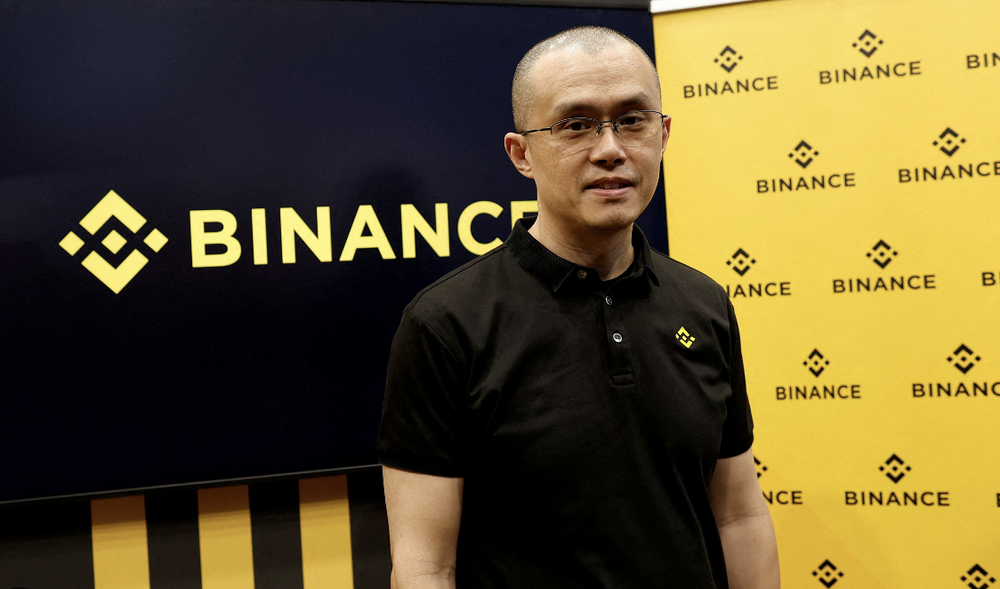AI economy may find an outlet in Web3.
AI economy finds outlet in Web3.Author: Adrian Lawson; Translation: Plain Language Blockchain
Although ChatGPT is impressive, it is still just an “artificial intelligence language model.” This means that it can accept prompts and output information in an attempt to fulfill those prompts, but it cannot perform any actions. For example, if you ask it to order pizza for you, GPT will inform you that it cannot carry out this operation.
However, what is being developed is an artificial intelligence agent that can think and act independently of human input. With these agents, humans only need to give them a task, and the agents will go ahead and do what they need to do to complete it. For example, humans can tell their AI agents, “Order the cheapest large pepperoni pizza in the area and have it delivered to me.” The agent will then search for the prices of large pepperoni pizzas in the vicinity, choose the cheapest one, and place an order to have it delivered to the person’s address. However, a problem arises in this situation: how does the AI agent pay for the pizza?
- Polygon Vice President of Product 8 Thoughts After Attending EthCC
- Review the basic use cases of NFTs and ‘trade them to make money’.
- Comparative analysis of the development status of major EVM-compatible chains Which is better?
Artificial intelligence can handle payments in multiple ways, each with its own advantages and disadvantages. However, using blockchain is undoubtedly the best choice.
1. Traditional Options
The first payment method that comes to mind is credit cards or debit cards, and this makes sense. After all, this is how we pay for almost everything in our daily lives. But if we think about it more deeply, we will see that this is not as effective for AI agents as it is for us.
Firstly, how does the AI access your tokens? Do you have to provide it with your credit card or bank account information? And if so, how can you be sure that the creator of the AI agent will securely store this information? Because if it is threatened, attackers may gain control over your bank account and/or credit card.
Perhaps you could deposit your dollars into an account that the AI can access. The concern with this solution is that the creator of the AI agent could ultimately gain access to this money. The AI will not be able to have its own bank account; it does not have a social security number – or any other form of identification. This means that the money you deposit into the custodial account is its own bank account, and the company that created the AI agent essentially becomes the bank. Apart from the obvious problem of trusting a large tech company to have control over all of these funds, this function also requires the company to cross more legal hurdles than they may be willing to – especially if there is a viable alternative that avoids these headaches.
2. Web3 Options
Consider this: if the AI agent is created using its own Ethereum wallet that only it can access. Additionally, a multi-signature smart contract wallet is created.
This means that for any transaction to occur, you first need to deposit the necessary funds into the multi-signature wallet, and both you and the AI need to approve the transaction before it is sent. If this sounds too cumbersome and you would rather give AI the authority to send transactions without your approval, you can easily update this setting using current multi-signature wallets like Safe. If the AI goes rogue, it can only spend all the money in the multi-signature wallet, minimizing the potential economic loss it can cause.
With Web3, you can easily customize AI agents to represent you in using cryptocurrencies. You can use the aforementioned multi-signature wallet method, or you can directly send cryptocurrencies to the AI’s wallet, or you can grant the AI the permission to spend tokens (such as USDC) directly from your wallet. Each of these methods has a different level of security, but the best part is that they can be easily changed and customized according to user preferences.
For AI agents, this is a more seamless and secure way of payment compared to fiat currencies. It also avoids any legal liability for the creators of AI, as they will never hold any funds on your behalf.
Although exciting (or frightening), there is still a lot of work to be done before autonomous AI agents using cryptocurrencies to order pizzas become a reality. Overcoming the following obstacles will be an unimaginable business opportunity.
3. AI Wallet Security Issues
Since AI will have its own wallet and the ability to represent you in using cryptocurrencies, the security of the AI wallet is crucial. Depending on how the AI itself is developed and hosted, there are different ways to achieve this goal.
If the AI is hosted on a server that you have access to, such as a process running on your computer or a device forgotten after being plugged in (similar to a WiFi router), you can insert a hardware wallet into that device and trust the AI to send transactions from that wallet without accessing the private key.
In my opinion, this is the most secure approach. However, users may not want to always plug in physical devices or be responsible for running software on their computers. In this case, the AI needs to be hosted on a server that the user cannot access. In this scenario, the AI needs to create a wallet programmatically using ethers.js, web3.js/.py, or GETH instead of a hardware wallet.
Although it is simpler for end users, the private key is now less secure. We know that the private key is the gateway to the wallet, and if you have the private key of a wallet, you basically have control over that wallet. Obviously, we do not want anyone other than the AI itself to have access to that private key. Undoubtedly, there is a way to achieve this, such as hiding the private key behind an encryption puzzle that only the AI can solve, but a solution specifically tailored to this use case still needs to be built. Whoever builds it, our AI overlords will reward generously.
4. Acceptance of Payments
Our AI is trying to pay with cryptocurrencies, but what if there are no merchants accepting cryptocurrencies? Unfortunately, the current situation is that very few retail stores accept cryptocurrencies, which poses an obvious problem for our AI.
Luckily, this problem is easily solved. Payment apps like Venmo, LianGuaiyLianGuail, and Stripe have started allowing cryptocurrency transactions. For example, any retailer can accept cryptocurrency payments through Stripe. However, these payment options don’t seem to integrate with any Ethereum wallets but instead use their own hosted wallets. Therefore, our AI friend currently cannot send payments through Stripe, but it won’t take much time to get there. Once AI agents become a daily reality, companies like Stripe will have a significant incentive to increase support for native cryptocurrency payments. Retailers are also unlikely to miss out on this action by refusing to accept cryptocurrency payments, especially tokens like USDC that are pegged to the US dollar.
5. Conclusion
People often say that blockchain is a “solution without a problem”; in other words, it lacks practical use cases. In the next 5 to 10 years, perhaps the progress of AI won’t follow a parabolic curve, but I personally believe that AI agents will become commonplace in everyday life. These agents will need to autonomously engage in value transactions, and no tool can truly achieve the security and usability of blockchain. Once these agents go live, the companies that have been building for this will be in a favorable position.
We will continue to update Blocking; if you have any questions or suggestions, please contact us!
Was this article helpful?
93 out of 132 found this helpful
Related articles
- Discoveries and views on the mainstream LSD stablecoin issuance protocol
- AAVE’s native stablecoin is officially launched, exceeding collateralization+algorithm has become a new paradigm for stablecoins.
- UniswapX Creates a New Paradigm for AMM Protocols
- LianGuai Morning Post | U.S. SEC Significant Errors in the Ruling of the XRP Case Should Not Be Considered
- How to solve the problem of the lack of financial cash flow structure in token economics? Conceptualize the Token Economics Circuit.
- Immersive tourism prevails. How does the metaverse reshape the cultural and tourism industry?
- LianGuai Morning News | The total supply of stablecoins has decreased by more than 10 billion US dollars net this year.





